The last time we attended the WFNR NR SIG, the neuro rehabilitation special interest group of the World Federation of Neuro Rehabilitation, we were enjoying speaking to clinicians from all over the world at our stand in the beautiful Palacio de Congresos in Granada, Spain. At lunchtime there was red wine and paella and in the evening flamenco dancers entertained us into the night. This year was a little bit different, but the quality of the presentations was no less excellent. This conference really is THE conference for neuropsychologists. It is an opportunity to hear the most ground-breaking and cutting-edge news in all things neurorehabilitation.
Standing on the shoulders of giants, we had a poster accepted that summarised the evidence based around the process of goal setting in neuro rehabilitation starting from a comprehensive functional assessment of an individual’s needs, using this information to inform the development of collaborative interdisciplinary goals and then having interdisciplinary and uni-disciplinary SMART targets to address these goals.

Whilst there is consensus on this overarching model, precisely how clinicians prefer to set goals for their clients remains open to much debate and this was something hotly discussed at several conferences this year. It is generally accepted that ultimately goals need to be person centred, meaningful to the individual, but also make sure that they address the underpinning functional difficulties of the original and get them where they are going.

Goal attainment scaling (GAS) and specific, measurable, attainable, and time limited (SMART) objectives / targets are also a common component but exactly how these are used in practice varies from clinician to clinician. Whilst it is useful to bring some uniformity to the approach, ultimately the model needs to be driven by clinical need. Goals should be set in the way that best suits the individual. Goal manager has been specifically designed to be able to incorporate a range of different approaches and structures and it can be used in multiple ways to support preferential goal setting approaches. The incorporation of the entire International Classification of Functioning, Disability and Health (ICF) means that every possible condition recognised by the World Health Organisation (WHO) can be considered and the use of this framework means that every aspect of their functioning that could potentially be affected by the condition is included in the assessment and formulation of the individuals’ difficulties. Inclusion of other features such as automatic GAS calculations and linking all this activity together and tracking progress of the time are built in to aid clinicians to monitor progress without spending arduous amounts of time on administration.
We are very jealous of everyone who was able to attend the Neuro Rehabilitation SIG in person in Lorne, Australia and we very much look forward to attending the next in-person meeting in 2022, but in the meantime we are very grateful to the organisers for putting on such an excellent online event.
 - Our new brand is launching soon - Stay tuned for a fresh look and enhanced
experience!
- Our new brand is launching soon - Stay tuned for a fresh look and enhanced
experience!
